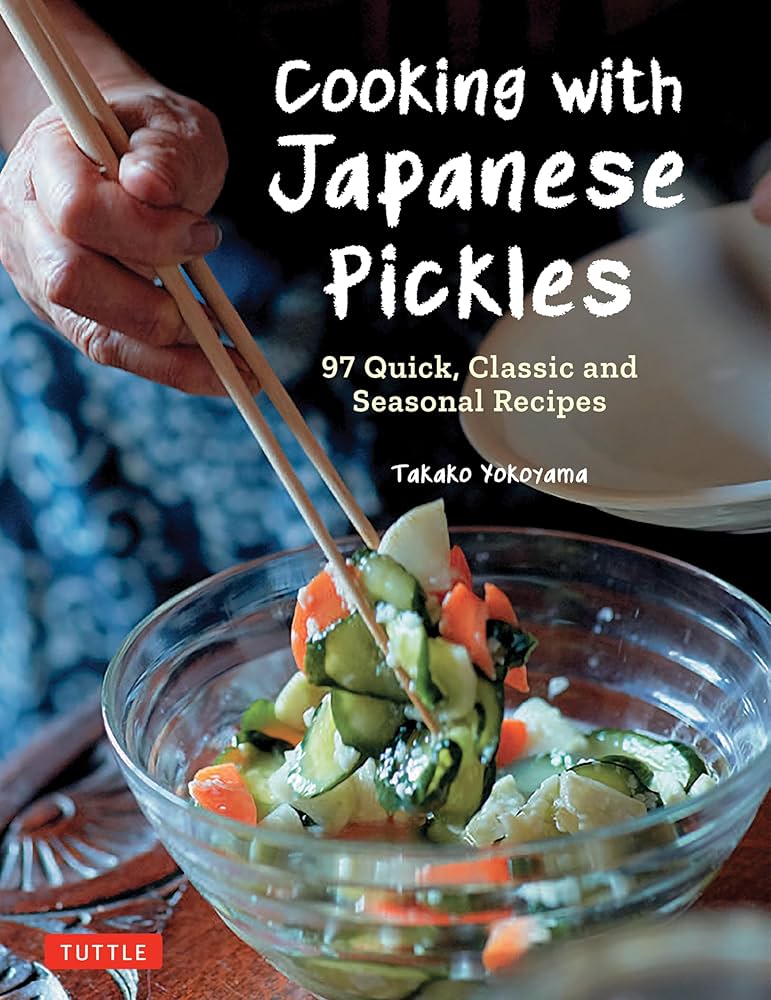Preserving Your Summer Harvest: Keeping Tomatoes, Peaches, Berries and More All Year Long
Plus, Recipes for Peach Pie, Corn Pudding and Dill Pickles
One of the joys of seasonal gardening is not just the act of nurturing plants but the delightful results that come with your hard work. As summer fades and the harvest approaches, it’s time to think about preserving those vibrant fruits and vegetables for use throughout the year. From succulent tomatoes to juicy peaches, knowing how to preserve these treasures ensures you can enjoy the flavors of summer long after the last warm days have passed.
A vibrant collection of preserved summer favorites.
Understanding the Art of Preservation
The art of preserving food is timeless, and its importance has seen a resurgence, especially since 2020 when many individuals took up gardening as a hobby. This renewed interest in preserving is not just about storing food; it’s about creating a sustainable lifestyle and reconnecting with one’s food sources. According to experts, “there’s a growing momentum in the number of people wanting to understand how to put their efforts into preserving.”
With so many local grocery stores, farmers markets, and seasonal farm stands offering fresh produce right in your community, it’s easier than ever to dive into home preservation techniques without necessarily having to grow the crops yourself.
Various Methods of Preservation
There are several methods available to those looking to preserve their summer bounty. Each technique offers unique benefits:
Canning
Both water bath canning and pressure canning are widely used for high-acid foods like tomatoes and peaches. The process involves sterilizing jars and creating an airtight seal, which inhibits harmful bacteria and prolongs shelf life.
Freezing
Freezing is an effortless way to lock in the freshness of summer vegetables. The general methodology recommends blanching vegetables in boiling water before freezing. This stops enzymatic processes that can lead to spoilage.
Fermenting
Fermenting not only preserves food but can also enhance its flavor and nutritional value. Whether it’s cucumbers for pickles or cabbage for sauerkraut, fermentation adds a delightful tang and probiotics to your diet.
Drying
Drying fruits and vegetables is a wonderful way to create delicious snacks or ingredients for future meals. This method removes moisture, which helps to hinder the growth of bacteria and molds.
Recipes to Brighten Your Table
Here are a few delectable recipes that utilize preserved ingredients, letting you enjoy the best of your harvest all year round.
Savory Corn Pudding
Corn pudding is a classic dish that can benefit greatly from sweet summer corn. In preparation for holiday gatherings, freeze Olathe sweet corn from the summer, assuring a taste of the harvest during the winter.
Hays House Peach Pie
Experience the heavenly flavors of a Hays House Peach Pie, famously crafted at Hays House restaurant in Council Grove, Kansas. This pie is best made using preserved peaches, delivering a blend of sweetness and nostalgia.
Homemade peach pie fresh from the oven.
Kosher Dill Pickle Spears
Making kosher dill pickles at home is a rewarding experience. The process is straightforward—sterilizing jars, preparing cucumbers, and heating up your pickle mix can be accomplished in under two hours.
The perfect cucumbers ready for pickling.
The Science Behind Canning
At the heart of canning is the critical task of forcing air out of jars and creating an environment inhospitable to microorganisms. This makes it suitable for high-acid foods, including tomatoes and various fruits such as peaches, pears, and berries. Understanding the importance of acidity in food preservation cannot be overstated, as it is key in preventing spoilage and ensuring safety.
Tips for Effective Preservation
Engaging in the preservation process begins with selecting high-quality, ripe produce. Always choose fruits and vegetables that are in peak condition for the best flavor and texture once preserved. Familiarize yourself with the National Center for Home Food Preservation for in-depth guides on preserving various foods.
Don’t forget about sharing the love! If your garden yields more produce than you can handle, consider donating extra items. Initiatives like foodpantries.org/st/colorado can facilitate sharing with those in need, promoting community and sustainability.
Conclusion
The ability to preserve food offers a wonderful way to extend the enjoyment of your labor throughout the year. From sweet preserves to salty pickles, mastering these techniques will not only enhance your culinary repertoire but also keep the spirit of summer alive during the cold months ahead. As you dive into the delightful world of preserving, remember, “A well-stocked pantry is a pathway to creativity in cooking.”
An assortment of preserved delights ready for the pantry.















